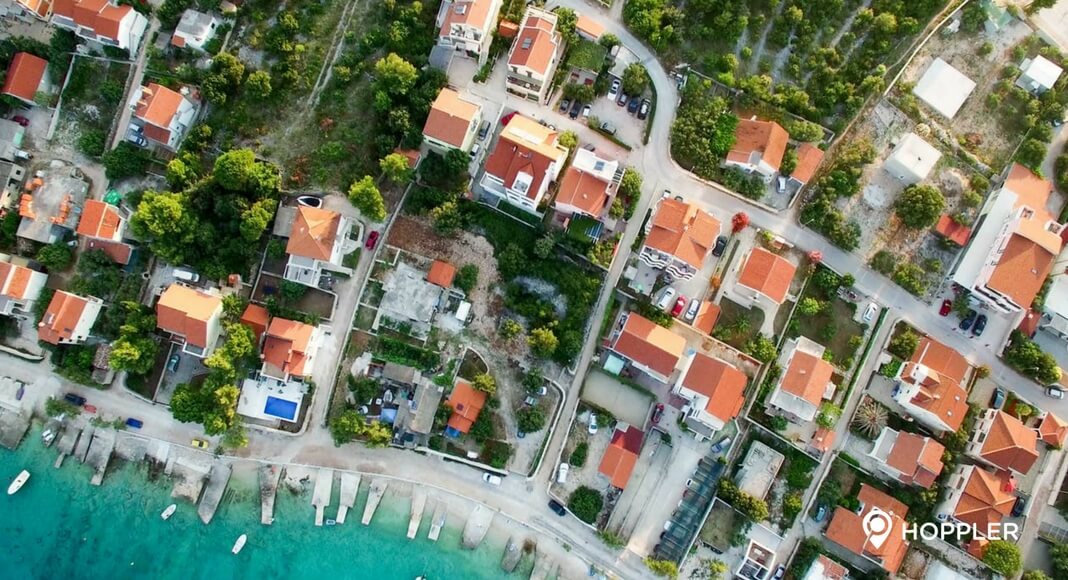CREBA Urges Gov’t to Push for More Affordable Housing Projects
The Chamber of Real Estate & Builders’ Associations Inc. (CREBA) recommended adding restrictions on the amount of socialized and economic housing which the group believes must be invested in fixed term to solve the 5.5 million housing backlog in the Philippines.
CREBA suggests that bonds should be issued from mutual funds given to housing by government financial institutions (GFI) in order to generate a financing program for home buyers. The organization presented its five-point agenda which includes the proposal last February 23, 2015 to representatives of 500 developers in Makati City.
Charlie Gorayeb who is the national chair of CREBA said government should pool the unused P220 billion housing funds from different agencies and the banking sector to produce long-term and inexpensive financing for the millions of low-income earners who are in dire need of having their own dwelling.
He added that there are enough funds available to support a buyer financing program based on the various corporate charters of GFIs having annual investment in bonds such as those from the Social Security System worth Php 25 billion, another Php 25 billion from the Government Service and Insurance System and P70 billion from Pag-IBIG Fund. CREBA also recommends including the unused Agri-Agra funds from banks amounting to Php 100 billion.
In addition, CREBA said that housing bonds can be issued by the government through a secondary mortgage institution. On the other hand, the GFIs, commercial and thrift banks will benefit from an exemption from income taxes, value-added taxes, and documentary stamp tax.

The association highlights that the proposed program must include two types of housing packages. First is the socialized housing which would create socialized medium-rise condominium units and economic housing which will cost more than Php 450,000 but lower than Php 1.25 million. The current definition of such type of housing limits the price at Php 450,000 and below. Gorayeb suggests that the interest rate must be set at 4.5 percent.
The second housing package is economic housing (level 2) or those which cost above P1.25 million to almost Php 3.2 million. In this kind of housing package, the interest rate is suggested to 6.5 percent.
CREBA thinks that this mechanism, if fulfilled, will be a great endeavor by the government in providing for socialized and economic housing packages to Filipinos. The group noted that the loans must have a fixed interest rate and price in order not to be oppressive to the borrowers. The proposed loan arrangement according to them should also be payable for a period of 25 to 30 years to be attainable to low income earners.
Gorayeb emphasized that the present housing projects are still subject to high interest rates and eventually affects the cost of the housing units which prevents the buyers to successfully pay the loans being offered by banks.
CREBA continuously provides for mechanisms which can solve various issues concerning the housing predicaments of the country through legislation. This venture is incorporated in their five-point agenda such as:
– A proposed bill amending the Comprehensive and Integrated Shelter Finance Act of 1994 which seeks to provide long-term funds for socialized housing.
-Another proposed bill amending R.A. the Urban Development and Housing Act of 1992 which aims to give affordable homes for employees situated in urban areas.
– A proposed law establishing a National Land Use Policy.
-A proposal to amend the Local Government Code of 1991 in terms of having reliable local government housing regulations through requiring all cities and municipalities to institute a Local Housing Board.
-A law creating the Department of Housing and Urban Development.
The group stated that in order to meet the yearly target of the housing problem in the country, developers must build at least 500,000 housing units per year until 2020. However, the current rate is less than 100,000 annually.
Increasing the production of housing units according to Gorayeb will definitely boost the country’s economy by creating more job opportunities which will also increase the revenue of other related industries in the Philippines and will generate tax income for local and national governments.
Sources:
Chamber of Real Estate and Builders’ Associations (CREBA)
www.malaya.com.ph



